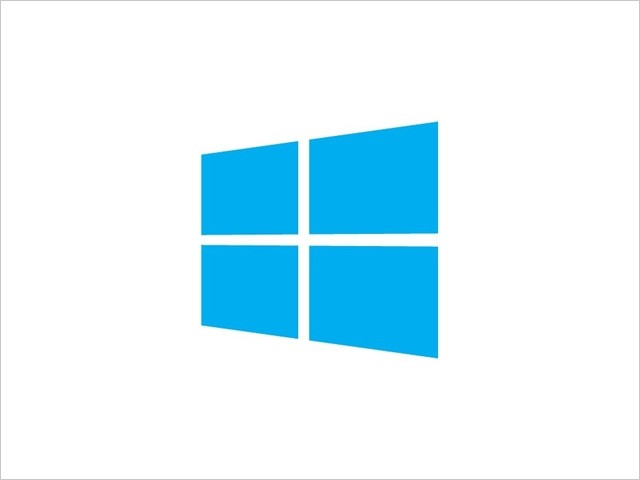Following the Superfish scandal earlier this year, Microsoft announced that it will be implementing stricter policies to combat adware.
In a statement released by the software giant, Microsoft said that, under the new policy, they will now be categorizing programs that use methods like injection by proxy or network layer manipulation, or unauthorized changes in DNS settings as adware and will be promptly blocked. The company added that such techniques inject advertisements from outside the control of the browser and without the user knowing, PC Mag reported.
Microsoft stressed that that any program intended to generate ads in browsers must only use the particular browsers' designated extensibility models for the handling of ads. "The choice and control belong to the users, and we are determined to protect that," its statement read. It also noted that adware techniques have grown in sophistication, making them harder to deal with.
The company's actions come in the heels of the Superfish controversy surrounding computer manufacturer Lenovo. Earlier this year, security experts discovered that some of the company's notebook models assembled in 2014 came pre-installed with Superfish. The program used what is known as SSL man-in-the-middle attack to inject ads into Google searches without the user knowing.
Uninstalling the program resulted in a security hole that could potentially be exploited by malicious software. Lenovo has since offered a removal tool and said that they will not be including Superfish in their future models.
The new anti-adware policy will be effective on March 31, 2016. Microsoft said that this will give developers ample time to comply with the regulations, The Guardian reported.



























